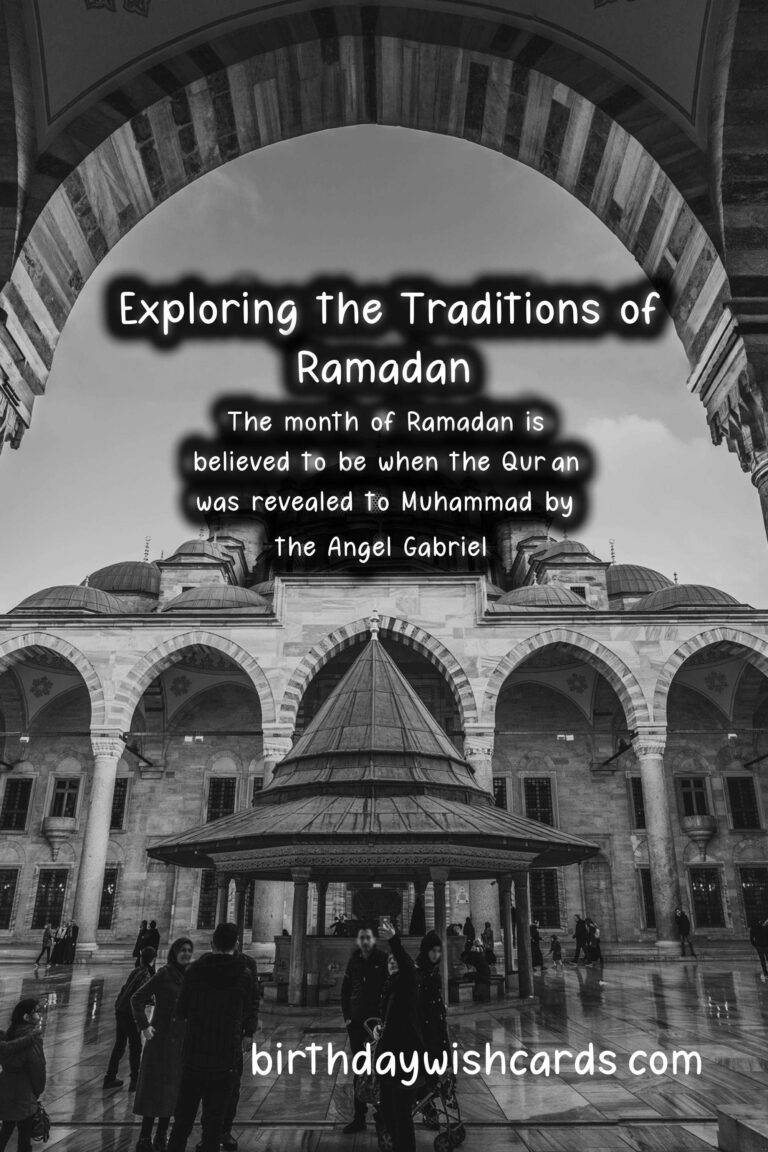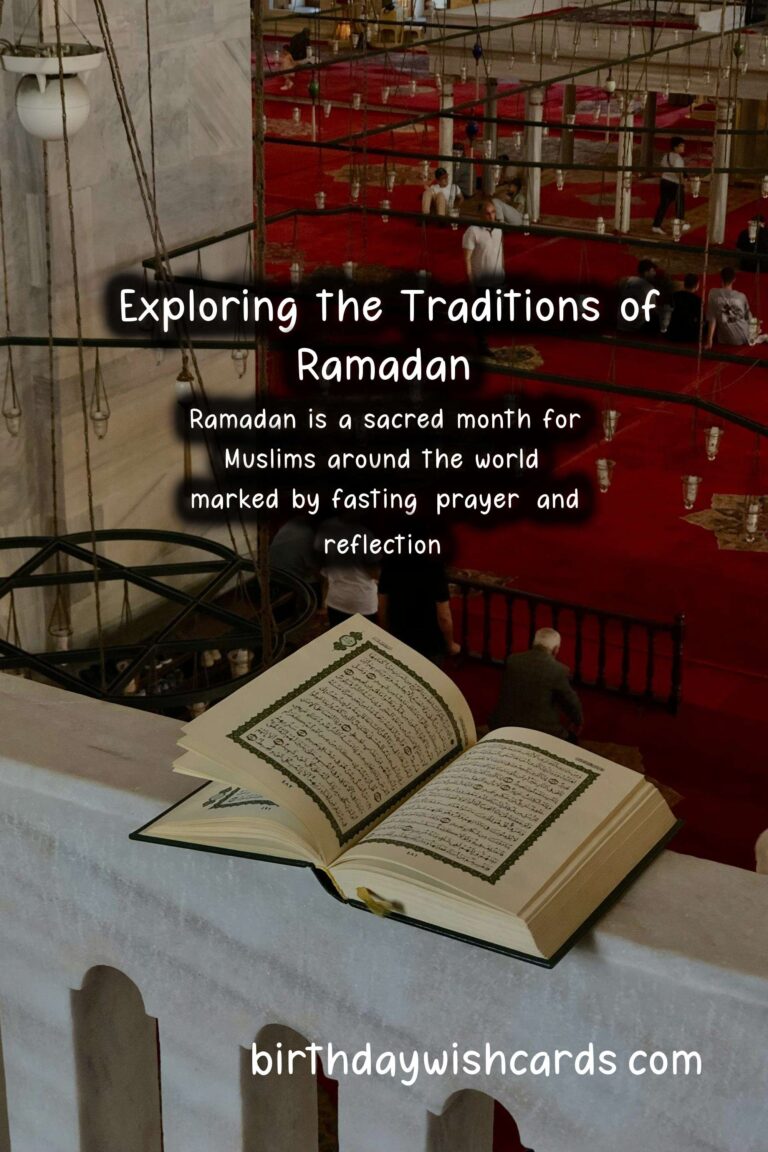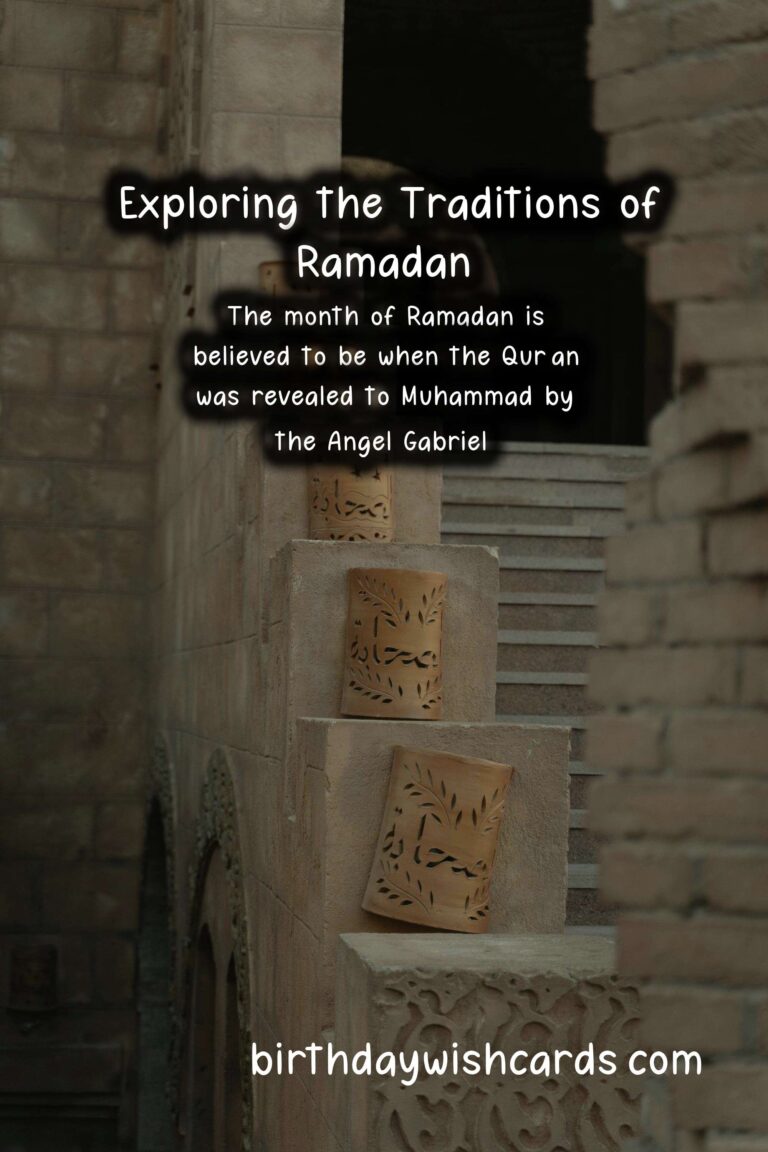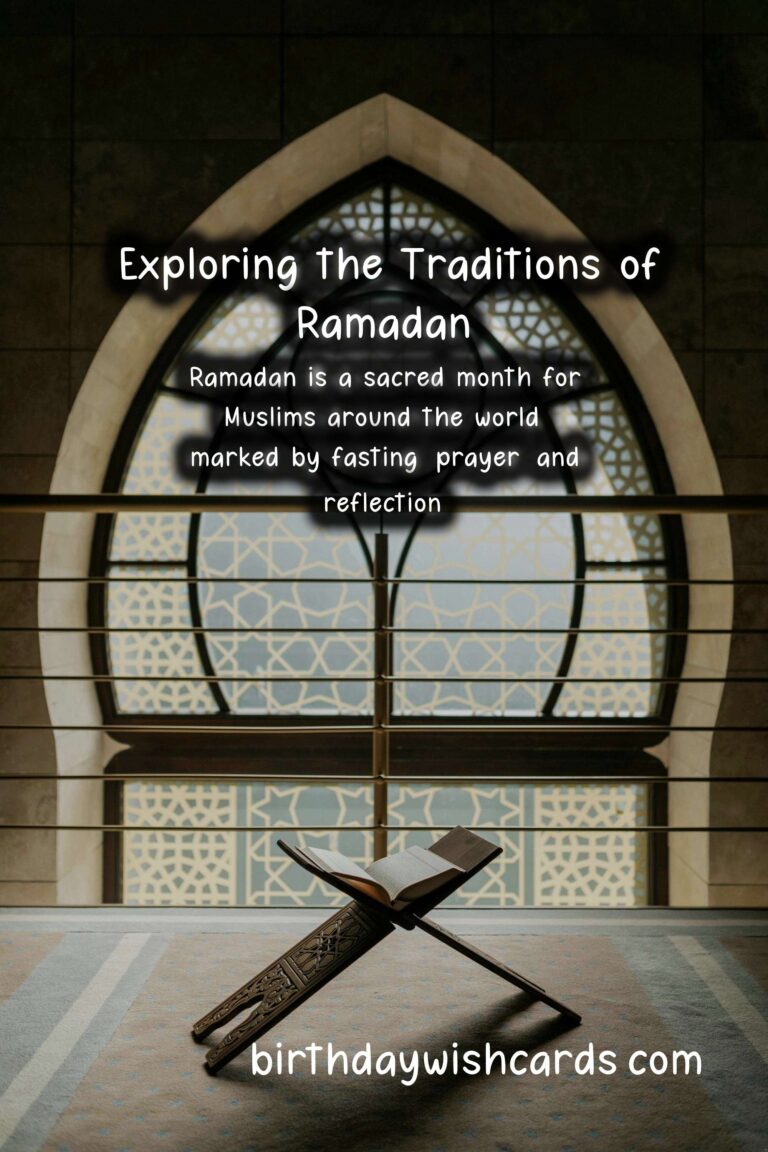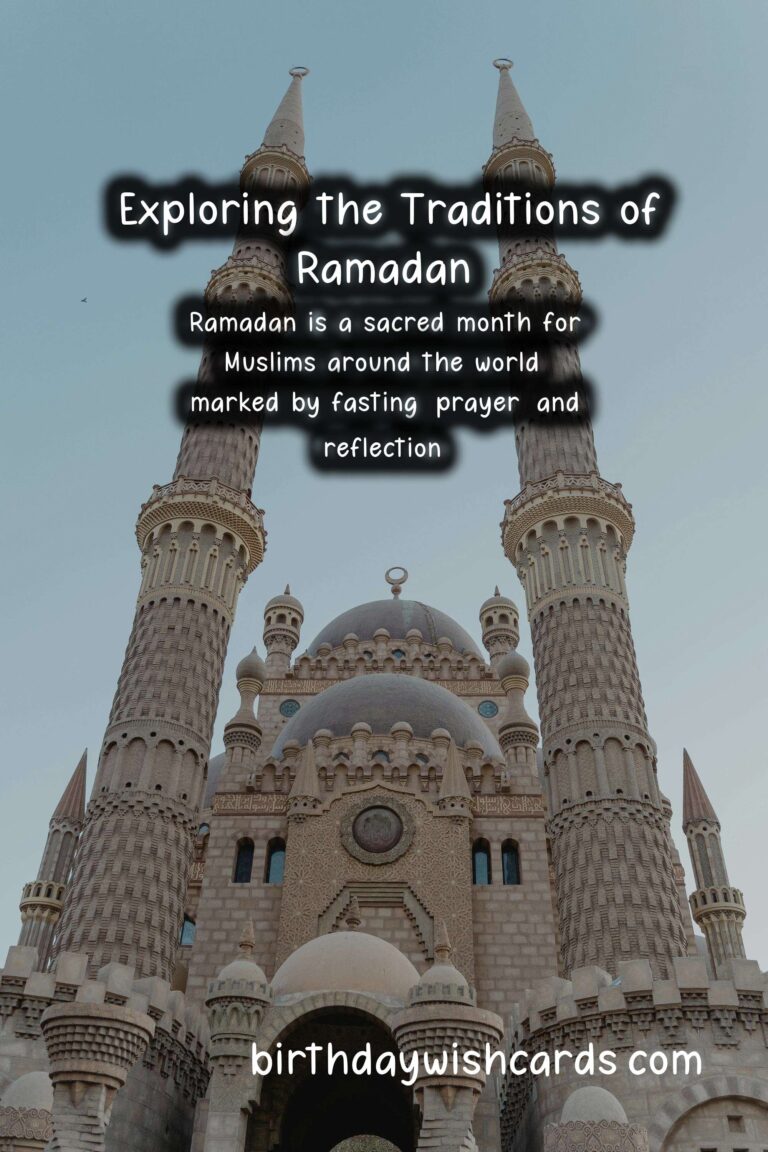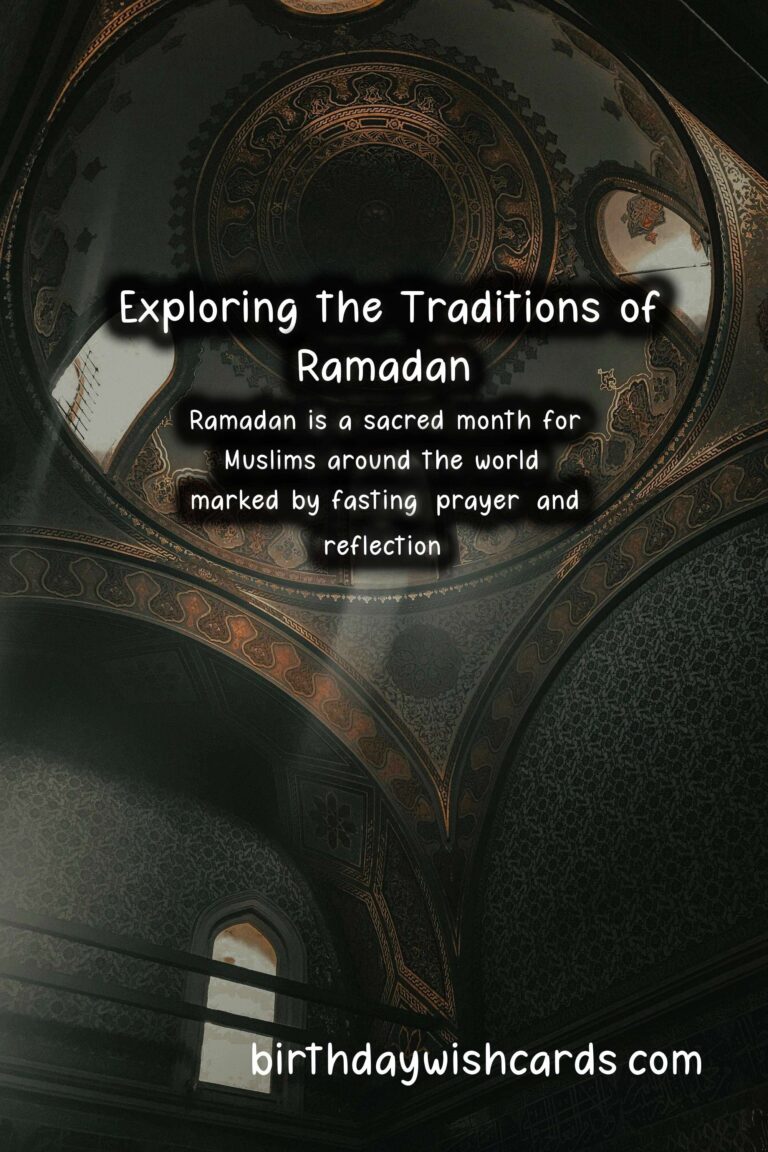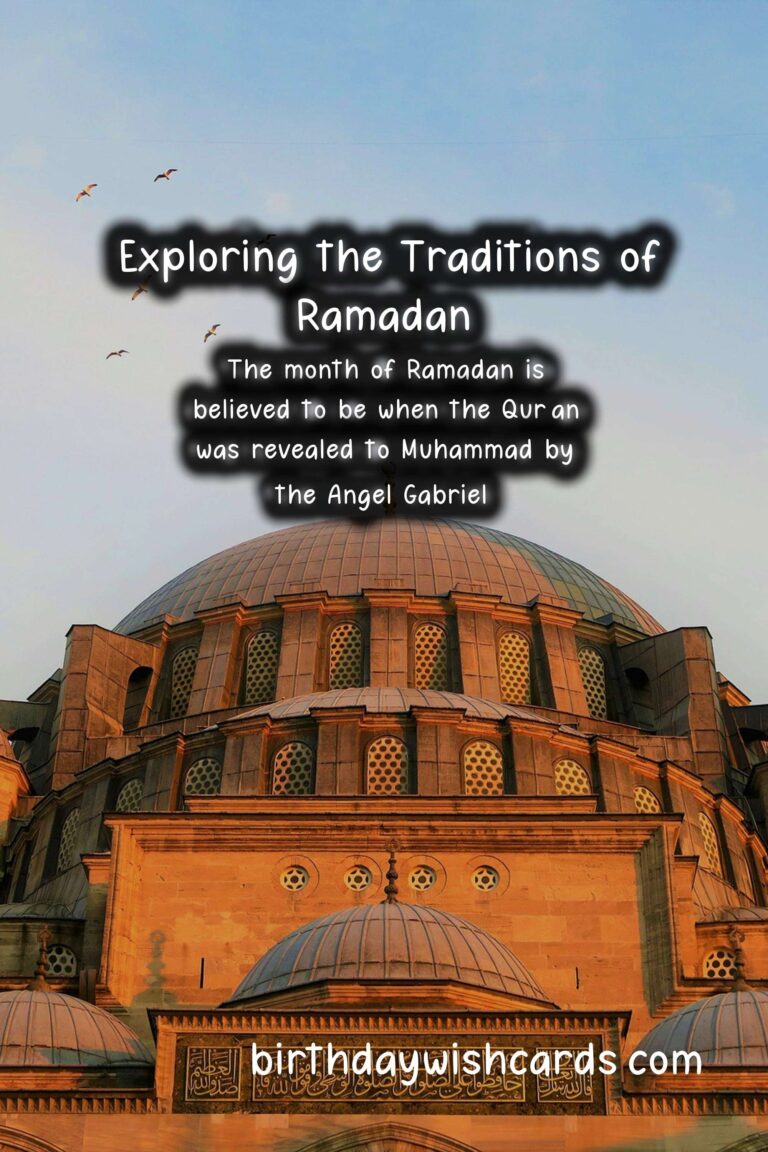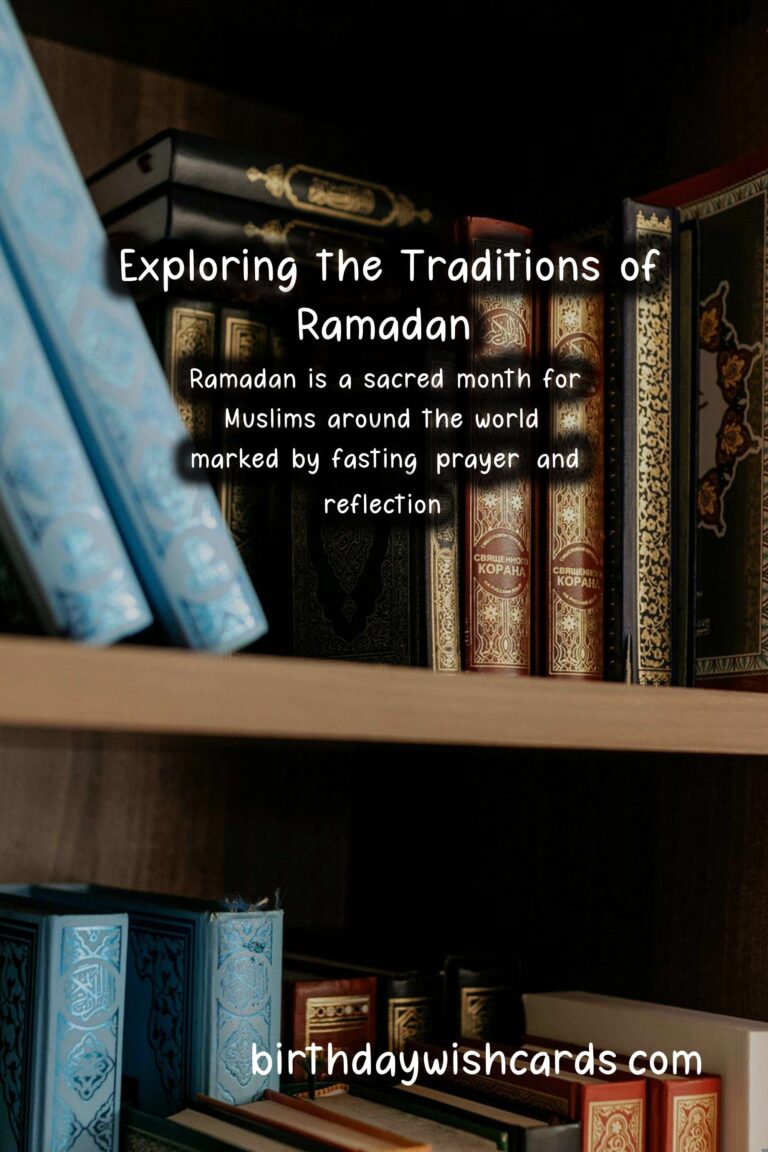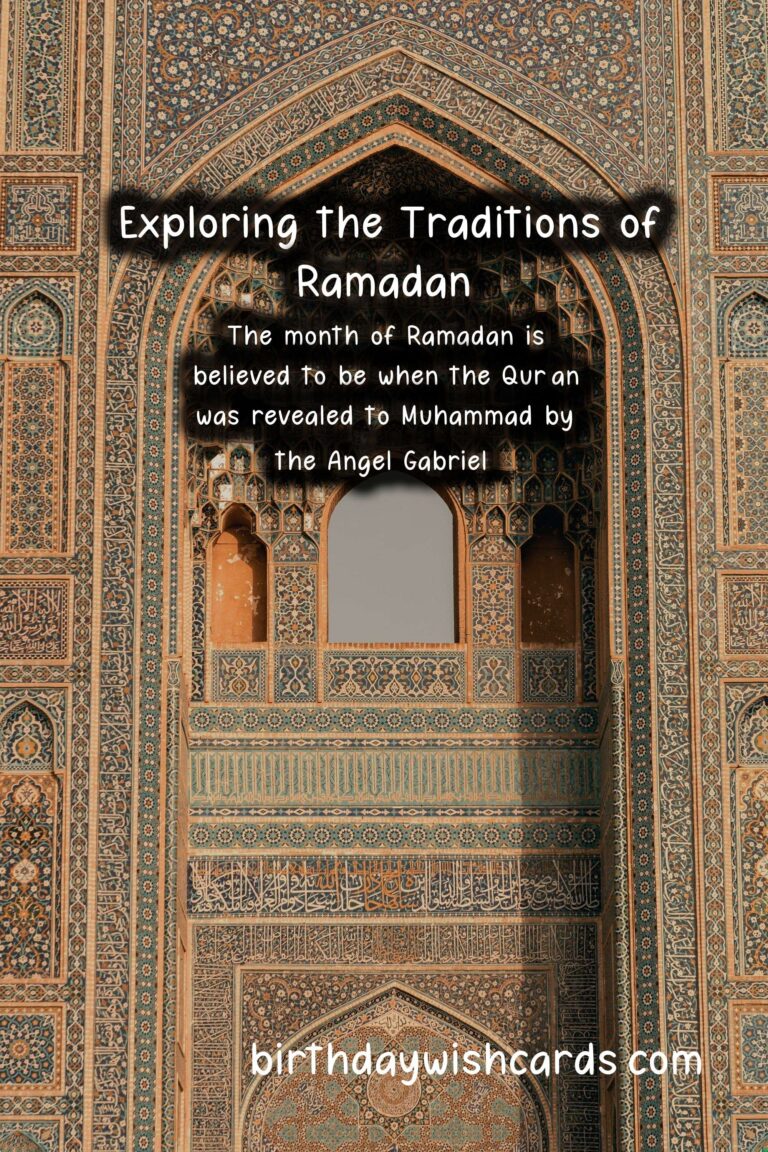
Ramadan is a sacred month for Muslims around the world, marked by fasting, prayer, and reflection. But what is the history that shaped this important observance? In this article, we explore the origins of Ramadan, its significance in the Islamic faith, and the traditions that accompany it.
The Origins of Ramadan
The history of Ramadan dates back to the time of the Prophet Muhammad in the early 7th century. The month of Ramadan is believed to be when the Qur’an was revealed to Muhammad by the Angel Gabriel. This monumental event is known as Laylat al-Qadr or the Night of Decree, which is considered the holiest night of the year.
Initially, fasting was prescribed on certain days. However, during the second year of Hijra (the migration to Medina), the obligation to fast during the month of Ramadan was established as part of Islamic law.
Understanding the Significance of Ramadan
Fasting during Ramadan is one of the Five Pillars of Islam, which are the fundamental acts of worship that define a Muslim’s faith and practice. The significance of Ramadan lies not only in abstaining from food and drink from dawn until sunset but also in spiritual cleansing, self-discipline, and compassion for the less fortunate.
During this month, Muslims are encouraged to engage in increased prayer, recitation of the Qur’an, and community service, fostering a sense of unity and brotherhood among the community.
Spiritual Practices During Ramadan
Each day of Ramadan begins with a pre-dawn meal called Suhoor and concludes with Iftar, the meal to break the fast at sunset. Iftar gatherings often include family, friends, and community members, highlighting the importance of togetherness.
Moreover, during Ramadan, special nightly prayers called Tarawih are performed, which consist of reciting lengthy portions of the Qur’an. Many Muslims strive to complete the entire Qur’an during the month.
Cultural Traditions Associated with Ramadan
While the core practices of Ramadan remain consistent across the globe, various cultures also contribute unique traditions. In places such as Turkey, a special bread known as pita is prepared, while in Middle Eastern countries, sweets like baklava are often served.
In Indonesia, one of the largest Muslim-majority countries, communities often engage in a tradition called “Pawai,” where they parade through the streets with lanterns and decorations.
The Importance of Charity in Ramadan
Charity, or Zakat, is emphasized during Ramadan. Muslims are encouraged to give to those in need, reflecting on the principles of generosity and gratitude. Many Muslims choose to donate their Zakat during Ramadan as it is considered the most rewarding time.
Conclusion: The Lasting Impact of Ramadan
Ramadan is more than just fasting; it is a month dedicated to strengthening the bond with Allah and the community. Its history enriches the practices observed today, bringing to light the profound significance of this holy month.
By understanding the history behind Ramadan, Muslims and non-Muslims alike can appreciate the depth of faith and community that this month represents.
Ramadan is a sacred month for Muslims around the world, marked by fasting, prayer, and reflection. The month of Ramadan is believed to be when the Qur’an was revealed to Muhammad by the Angel Gabriel. 
